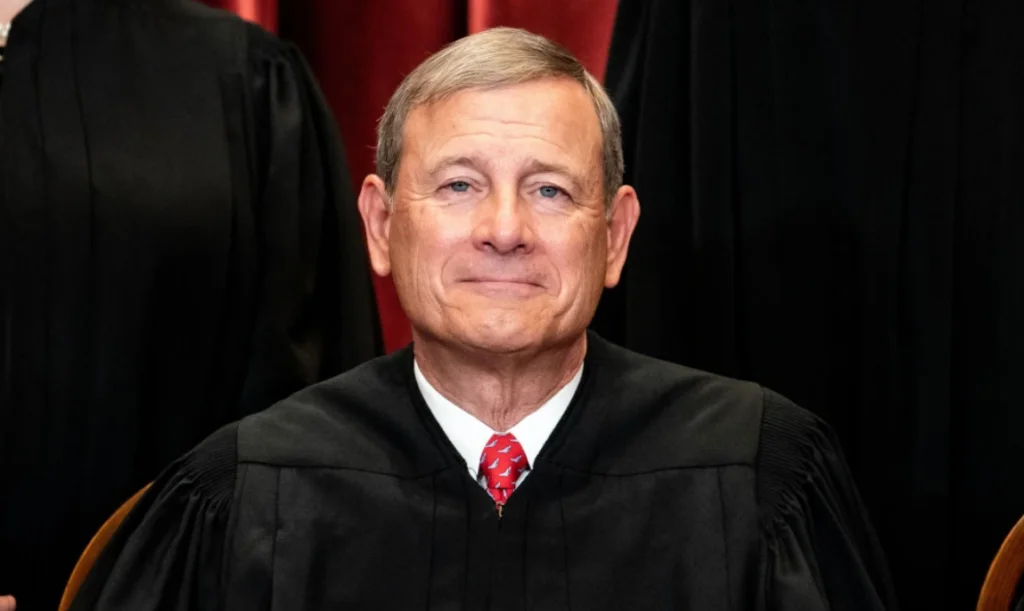In the publication of the United States Supreme Court‘s end-of-year report, Chief Justice John Roberts predicted artificial intelligence (AI) would “significantly” affect legal work while saying AI usage by legal teams requires “caution and humility.”

Roberts devoted a significant portion of his annual summary to AI in his statement, where he predicted that justices would “be around for a while,” but:
“… with equal confidence, I predict that judicial work—particularly at the trial level—will be significantly affected by AI.”
He wrote that the changes brought about by AI will affect not only how judges perform their duties but also their perception of the role that AI plays in the cases they hear. Roberts emphasized that courts must “consider its proper uses” in litigation as the technology evolves.
Roberts asserts that artificial intelligence (AI) has the potential to unequivocally support the existing judicial system in advancing the objectives outlined in Rule No. 1 of the Federal Rules of Civil Procedures, which are to achieve “just, expeditious, and cost-effective” case resolution.
“However, humility and prudence are essential when employing AI,” he continued. He specifically alluded to the phenomenon known as “AI hallucinations,” wherein the responses generated by the technology exhibit inaccurate or deceptive data masquerading as truth.
On December 31, Michael Cohen, a former attorney for entrepreneur and former U.S. President Donald Trump, attributed fabricated citations in legal documents to artificial intelligence.
Roberts further emphasized that “machines are incapable of completely substituting crucial actors in court” and proposed that judges can assess the “sincerity of a defendant’s allocution” during sentencing.
“Subtlety is crucial,” he stated. “A moment of hesitation, a trembling voice, a shaking hand, a change in intonation, a bead of sweat, or a brief lapse in eye contact can convey a great deal.”
“And most people still trust humans more than machines to perceive and draw the right inferences from these clues.”
A group of senior justices in the United Kingdom issued AI guidance for the judiciary in England and Wales to follow, and this message from the Chief Justice of the U.S. Supreme Court arrived less than a month later.
Although it advised judges on utilizing AI, the U.K. advisory cautioned against its potential dangers during trial use.
Check out our “2024 AI legal challenges” predictions compilation for a more extensive analysis of the future of AI usage in the legal field.
